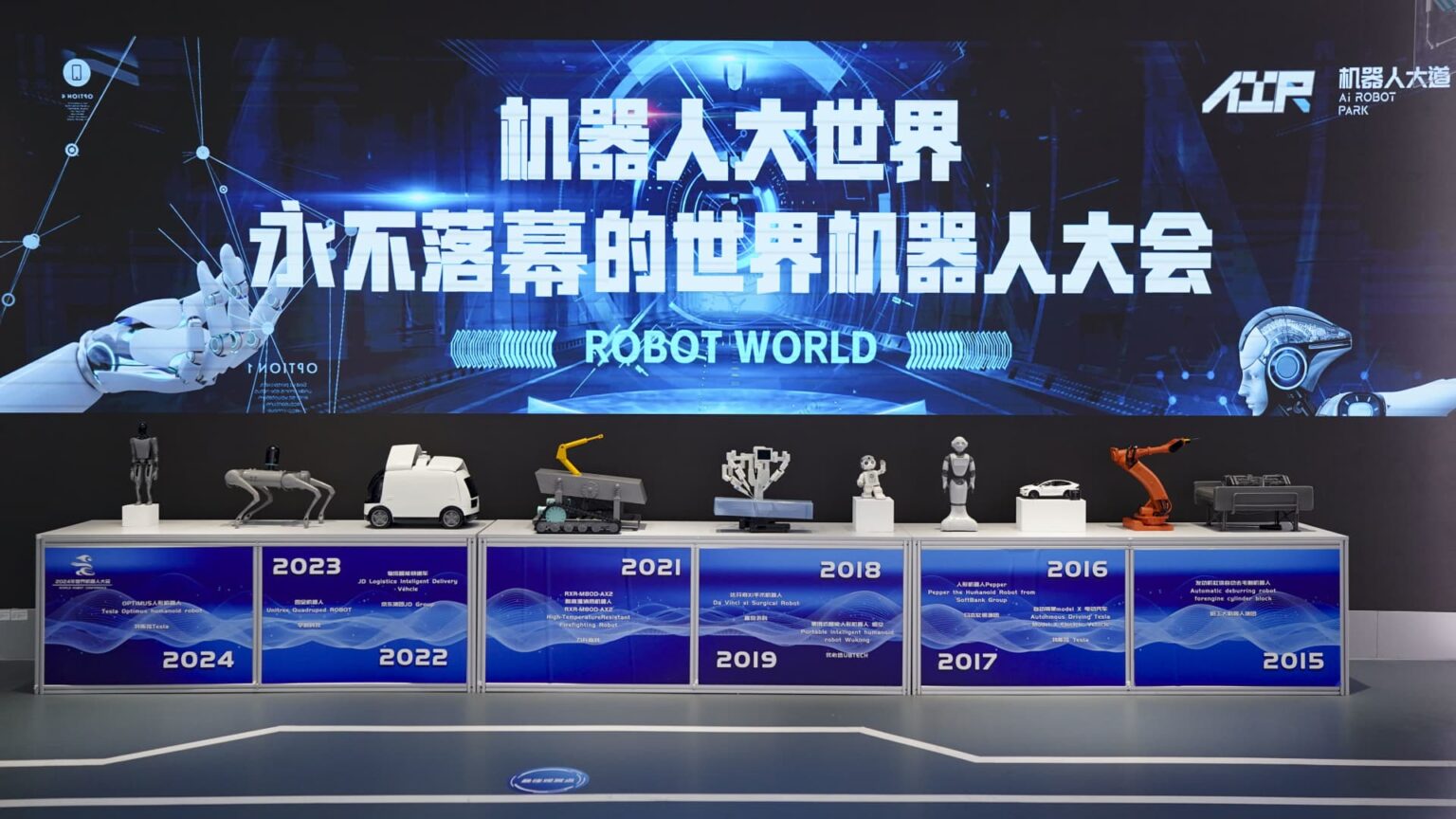Robots are on display at the Robot Mall, world’s first embodied intelligence robot 4S store, on August 6, 2025 in Beijing, China.
Beijing Youth Daily | Visual China Group | Getty Images
BEIJING — As the race for household robots heats up, Chinese humanoid startup X Square Robot announced Monday it had secured around $100 million in a funding round led by Alibaba Cloud.
It’s the Shenzhen-based startup’s eighth round of financing since the company launched less than two years ago in December 2023, according to Chief Operating Officer Yang Qian. She told CNBC the latest deal brings total investment in X Square Robot to around 2 billion yuan ($280 million).
HongShan, formerly Sequoia Capital China, also participated in the latest funding round, along with Meituan, Legend Star, Legend Capital and INCE Capital. The startup declined to comment on its valuation.
Venture capitalists have rushed to pour money into humanoid robots on expectations that their integration with generative artificial intelligence will transform how machines interact with human beings.
“Right now we need robots to operate and complete complex tasks autonomously,” Yang said in Mandarin, translated by CNBC. She pointed out that after decades of trying to develop robots that have largely been able to perform limited tasks such as grasping objects, the industry has realized that AI is required to enable these machines to expand their capabilities.

X Square Robot on Monday also released what it calls an “open-source foundation model for embodied AI,” named Wall-OSS. Open source means that developers and the general public can access the underlying code and use it for free. Embodied AI refers to use cases of the tech that are integrated with hardware, such as robots or self-driving vehicles.
The startup said it was the first to open source an AI model of its kind dedicated to robotics — and expects “robotic butlers” to become reality within five years. CNBC was unable to verify that claim.
Yang acknowledged that AI for robots still lags behind advancements in generative AI for chatting or code generation, and said she expects tech for robots won’t achieve ChatGPT 3.5-type capabilities for at least 12 months. Yang also pointed out that “embodied AI” doesn’t yet have very clear benchmarks that can define relative progress.
While the startup uses Nvidia chips for computing, other functions only require less powerful automotive chips that can be sourced domestically, Yang said.
ChatGPT 3.5 was U.S.-based OpenAI’s breakthrough chatbot model launched in November 2022 that transformed business expectations for AI’s potential. Chinese companies did not create a viable competitor until the release of DeepSeek’s R1 open source model earlier this year. Analysts suggest that China is on the path to gain a global edge in AI applications, including robots.
In addition to open-source software, X Square Robot on Monday also launched its Quanta X2 robot, which the startup said can attach mop heads for 360-degree cleaning, and comes with hands capable of perceiving subtle pressure changes in a step toward more human-like functionality.
X Square Robot said that it currently doesn’t have a product for mass market delivery, and that specific prices are determined by robot use case. The price of the humanoid robot as per research firm Humanoid Guide is $80,000. Currently rival Unitree sells a humanoid for $16,000, although it’s unclear how advanced its functions are.
Yang said the robot company plans to start preparing for an initial public offering next year, but said the startup had not yet settled on where the listing would be. She said that X Square Robot was already generating revenue from sales to schools, hotels and retirement homes, and expects to grow that next year.
She added that the startup was already speaking with customers in Japan and Singapore. But for robots to really enter the consumer market, their price needs to come down to around $10,000 — largely through cuts in hardware costs — an achievement she expects is possible in three to five years.
https://www.cnbc.com/2025/09/08/alibaba-leads-100-million-investment-in-chinese-humanoid-robot-startup.html


